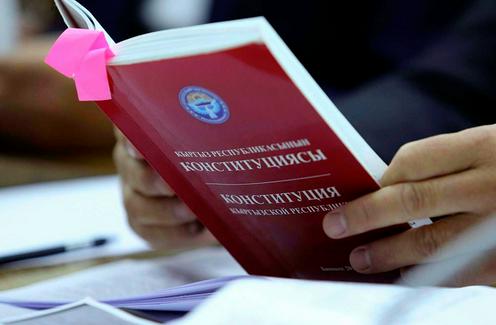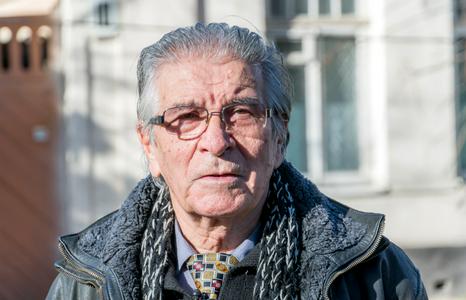Kyrgyzstan’s presidential administration has submitted for public discussion a draft law proposing amendments to the Constitution that would reintroduce the death penalty.
Article 25 of the Constitution would be revised to read: “Everyone has the inalienable right to life. Any encroachment on a person’s life and health is unacceptable. No one may be arbitrarily deprived of life. The death penalty may be established by law only for the rape of children and for murder combined with rape.”
The explanatory note to the bill states that Kyrgyzstan has recently seen an increase in particularly grave crimes against women and children, including rape and murder. Media reports about such crimes have become so frequent, it says, that they no longer shock the public.
“It is time to draw a clear boundary, beyond which anyone who commits acts of violence against children and women is excluded from society, which entails the most severe and just punishment. The rise in particularly serious crimes involving violence against children and women in recent years has forced society to seriously consider reinstating the death penalty. At this stage, protecting the lives and health of children and women is impossible without the threat of the ultimate punishment and fair retribution,” the bill’s authors wrote.
Kyrgyz citizens have already begun leaving comments on the draft. While some support reinstating the death penalty, others have voiced objections, citing the risk of irreversible judicial errors that could lead to the execution of innocent people. Many comments reflect deep distrust toward Kyrgyzstan’s judicial and law enforcement systems. Opponents argue that if capital punishment were to be reinstated, it would require open trials, independent media oversight, and full transparency in medical examinations.
The bill proposing the return of the death penalty was prepared on the instruction of President Sadyr Japarov. It follows the murder of 17-year-old Aisuluu Mukasheva in late September 2025, a case that caused widespread public outrage. The suspect, a previously convicted man born in 1984, has been arrested. The president has taken the investigation under his personal supervision.
Kyrgyzstan ceased applying the death penalty in 1998, when a moratorium on executions was declared, although courts continued to issue death sentences for several years afterward. The death penalty was effectively abolished in 2007, when it was replaced by life imprisonment. A year earlier, in 2006, references to capital punishment were removed from the Constitution, and in 2010 the country ratified an international protocol banning the death penalty and committing not to reinstate it in the future. Reintroducing it would therefore require constitutional amendments and a national referendum.










